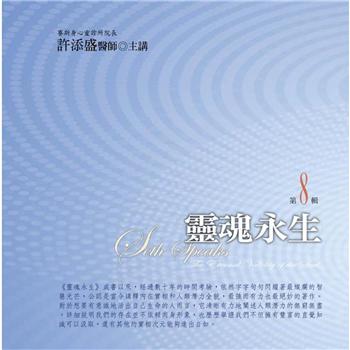Freedom after Kant situates Kant’s concept of freedom in relation to leading philosophers of the period to trace a detailed history of philosophical thinking on freedom from the 18th to the 20th century. Beginning with German Idealism, the volume presents Kant’s writings on freedom and their reception by contemporaries, successors, followers and critics.
From exchanges of philosophical ideas on freedom between Kant and his contemporaries, Reinhold and Fichte, through to Kant’s ideas on rational self-determination in Hegel and Schelling, we see Kant’s original arguments transformed through concepts of autonomy, freedom and absolutes. The political aspect of Kant’s freedom finds further articulation in chapters on Marx and Mill who developed their own notions of political freedom after Kant. Revealing how Kant’s concept of freedom shaped the history of philosophy in the broadest sense, contributors chart the development of an ethics of freedom in the 20th century which brings Kant into conversation with Heidegger, Beauvoir, Sartre, Levinas and Murdoch. This line of thinking on freedom signals a new departure for Kantian studies which brings his ideas into the present day and traverses major schools of thought including Idealism, Marxism, existentialism and moral philosophy.| FindBook |
有 1 項符合
Freedom After Kant: From German Idealism to Ethics and the Self的圖書 |
 |
Freedom After Kant: From German Idealism to Ethics and the Self 出版社:Bloomsbury Academic 出版日期:2024-11-28 語言:英文 規格:平裝 / 232頁 / 23.39 x 15.6 x 2.54 cm / 普通級/ 初版 |
| 圖書館借閱 |
| 國家圖書館 | 全國圖書書目資訊網 | 國立公共資訊圖書館 | 電子書服務平台 | MetaCat 跨館整合查詢 |
| 臺北市立圖書館 | 新北市立圖書館 | 基隆市公共圖書館 | 桃園市立圖書館 | 新竹縣公共圖書館 |
| 苗栗縣立圖書館 | 臺中市立圖書館 | 彰化縣公共圖書館 | 南投縣文化局 | 雲林縣公共圖書館 |
| 嘉義縣圖書館 | 臺南市立圖書館 | 高雄市立圖書館 | 屏東縣公共圖書館 | 宜蘭縣公共圖書館 |
| 花蓮縣文化局 | 臺東縣文化處 |
|
|
圖書介紹 - 資料來源:博客來 評分:
圖書名稱:Freedom After Kant: From German Idealism to Ethics and the Self
Adorno’s Gamble: Harnessing German Ideology
Adorno’s Gamble: Harnessing German Ideology
The Dialectics of Absolute Nothingness: The Legacies of German Philosophy in the Kyoto School
The Collapse of Freedom of Expression: Reconstructing the Ancient Roots of Modern Liberty
Aristotle’s Discovery of the Human: Piety and Politics in the Nicomachean Ethics
Heidegger: An Introduction
Black Divinity Institutes of the Black Theocracy Shahidi Collection Vol 1 [Remastered]
Bacteria to AI: Human Futures with Our Nonhuman Symbionts
Pink: The History of a Color
The Purpose of the Papacy
Adorno’s Gamble: Harnessing German Ideology
The Dialectics of Absolute Nothingness: The Legacies of German Philosophy in the Kyoto School
The Collapse of Freedom of Expression: Reconstructing the Ancient Roots of Modern Liberty
Aristotle’s Discovery of the Human: Piety and Politics in the Nicomachean Ethics
Heidegger: An Introduction
Black Divinity Institutes of the Black Theocracy Shahidi Collection Vol 1 [Remastered]
Bacteria to AI: Human Futures with Our Nonhuman Symbionts
Pink: The History of a Color
The Purpose of the Papacy
|











